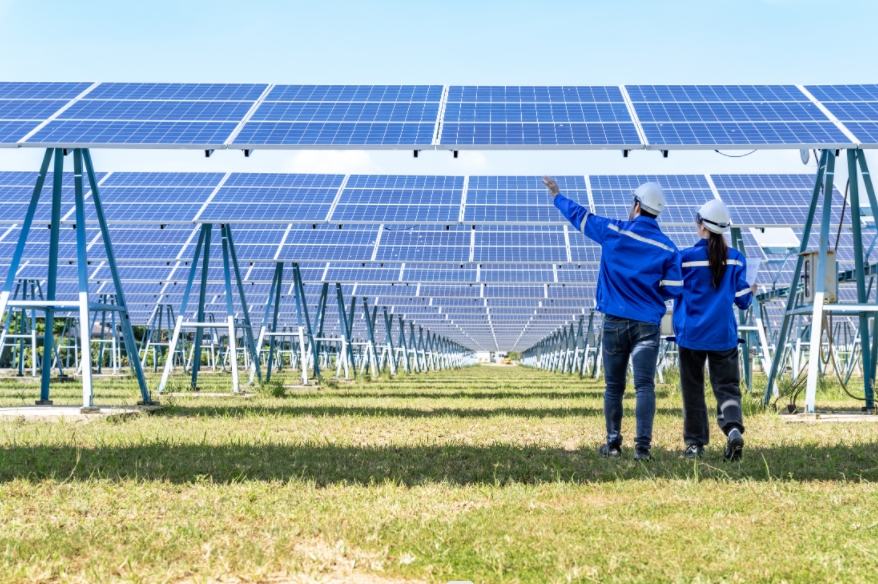|

Solar Panel Installations Surge in the UK Thanks to Incentives, New Analysis Reveals
With elections approaching in Europe, major promises are being made—including support for voters to make their homes more eco-friendly.
The UK’s recent Labour Party victory signals a new phase for climate action, with plans for a "rooftop revolution" designed to triple the country’s solar energy capacity by 2030.
In addition to approving three large solar farms in eastern England that had been previously blocked by the Conservative government, the new administration is offering grants and low-interest loans to encourage solar panel installations in millions of homes.
However, despite green energy subsidies being known for their complexity and inaccessibility, do these incentives really have a meaningful impact?
Subsidies Boost Solar Panel Installations
An analysis of data from the last 15 years shows that government subsidies play a crucial role in encouraging homeowners to install solar panels.
When the Labour Party was in power back in 2010, it introduced the Feed-in Tariff (FIT) scheme, which incentivized homeowners by paying them for the electricity generated by their solar panels.
The result was rapid growth in installations—over 800,000 homes added solar panels within five years. But when the FIT scheme was reduced in 2016, installations dropped by 74%, falling to just 224,000.
The introduction of the Smart Export Guarantee (SEG) in 2020, which offered similar benefits, saw installations soar again, returning to previous levels.
News Updates:
- Wind and solar electricity hit an all-time high in the first half of 2024.
- Solar balconies are becoming increasingly popular in Germany.
- What impact could home solar panels have on the UK’s energy mix?
At present, only seven percent of the UK’s 24.8 million homes have solar panels, generating about three percent of the nation’s energy needs.
If solar panels were installed on every home, this figure could rise to 43 percent.
The Labour Party has committed to investing an additional £6.6 billion (€7.7b) over the next five years through its Energy Independence Act’s Warm Homes Plan. This funding will support solar panel installations, insulation, batteries, and low-carbon heating systems for five million homes.
Energy efficiency regulations for rental properties, which were loosened under the previous government, will be tightened. Developers will also be encouraged to incorporate solar panels in new homes, and the process for approval and installation could become more streamlined.
These measures not only aim to decarbonize the UK grid but also seek to enhance the country's energy security and help reduce household energy bills.
News Highlights:
- Solar panels are being cleverly added to historic buildings to preserve their charm.
- What solar panel subsidies are available for UK homeowners?
Available Subsidies for UK Homeowners
Homeowners in the UK have various financial incentives to help them install solar panels.
The Energy Company Obligation (ECO4) program requires energy companies to fund energy efficiency upgrades for low-income households, specifically those with energy ratings of D to G. This initiative is set to run until March 2026.
In England, homes that do not use a gas boiler may qualify for the Home Upgrade Grant, which offers free energy efficiency improvements like solar panel installations for homes with low energy ratings. This program is available to households with annual incomes of £36,000 (€42,000) or less in most areas.
For communities looking to go green, the Solar Together scheme allows for discounted group rates on solar panel and battery storage installations.
Homeowners who sign up for the Smart Export Guarantee could reduce their bills by as much as £600 annually, according to the Energy Saving Trust. With an average cost of £7,000 to install a domestic solar panel system, it could pay for itself—and potentially start generating income—within about 12 years.
Installing solar panels can also reduce your yearly carbon emissions by around one tonne, which is equivalent to driving nearly 6,000 kilometers.
|
